Engaging the Unexpected
Photo Essays of Four Women in Uganda
Engaging the Unexpected
Photo Essays of Four Women in Uganda
by Sylvia K. Ilahuka
All photographs by Zahara Abdul
20 min read
Lilian
Somewhere in the bustle of Gayaza Market, Kampala, is a small shop among many other small shops. It is owned and run by Lilian, a trained medical laboratory technologist and mother of two who turned to the business as a primary source of income after her previous employment ended.
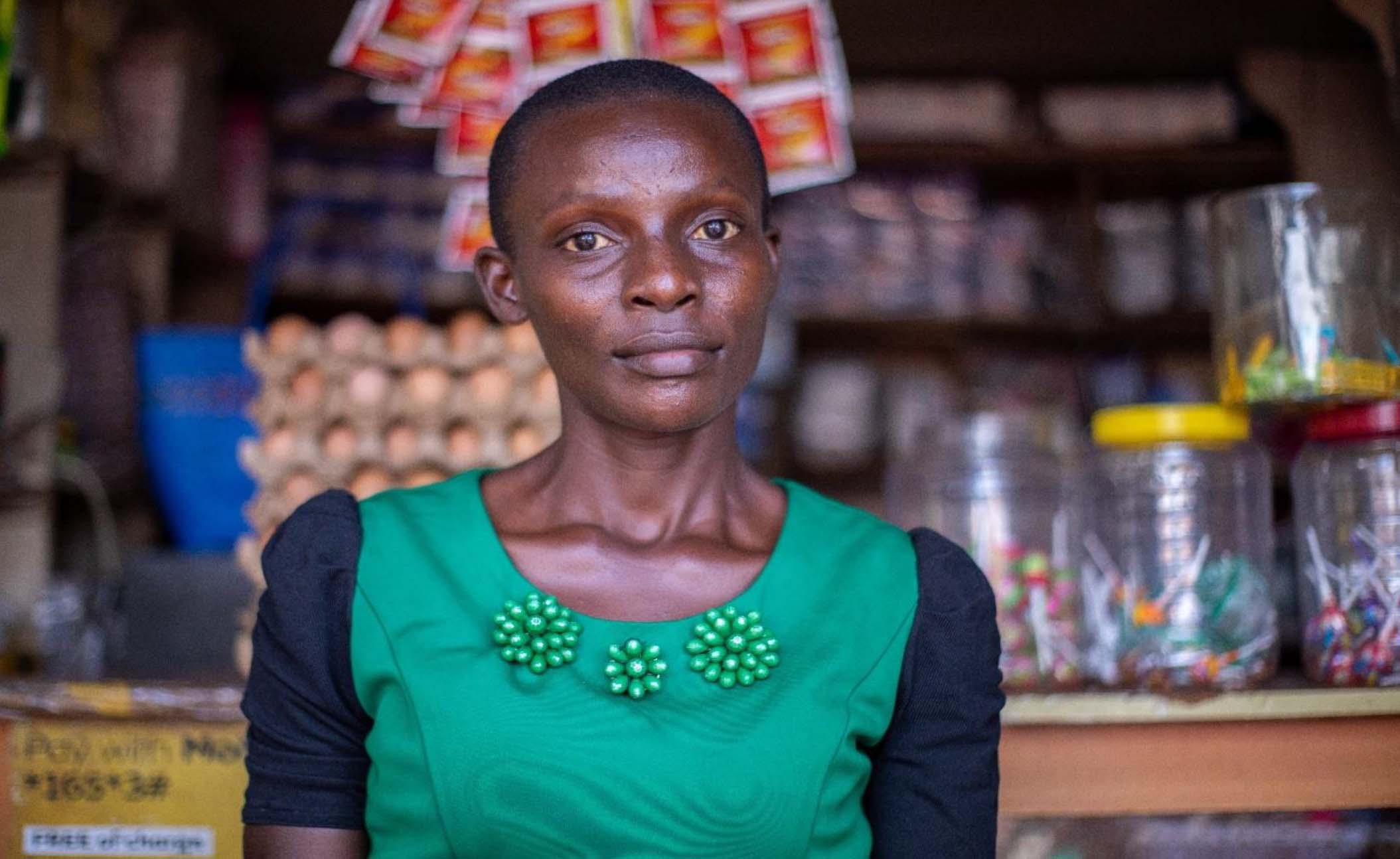
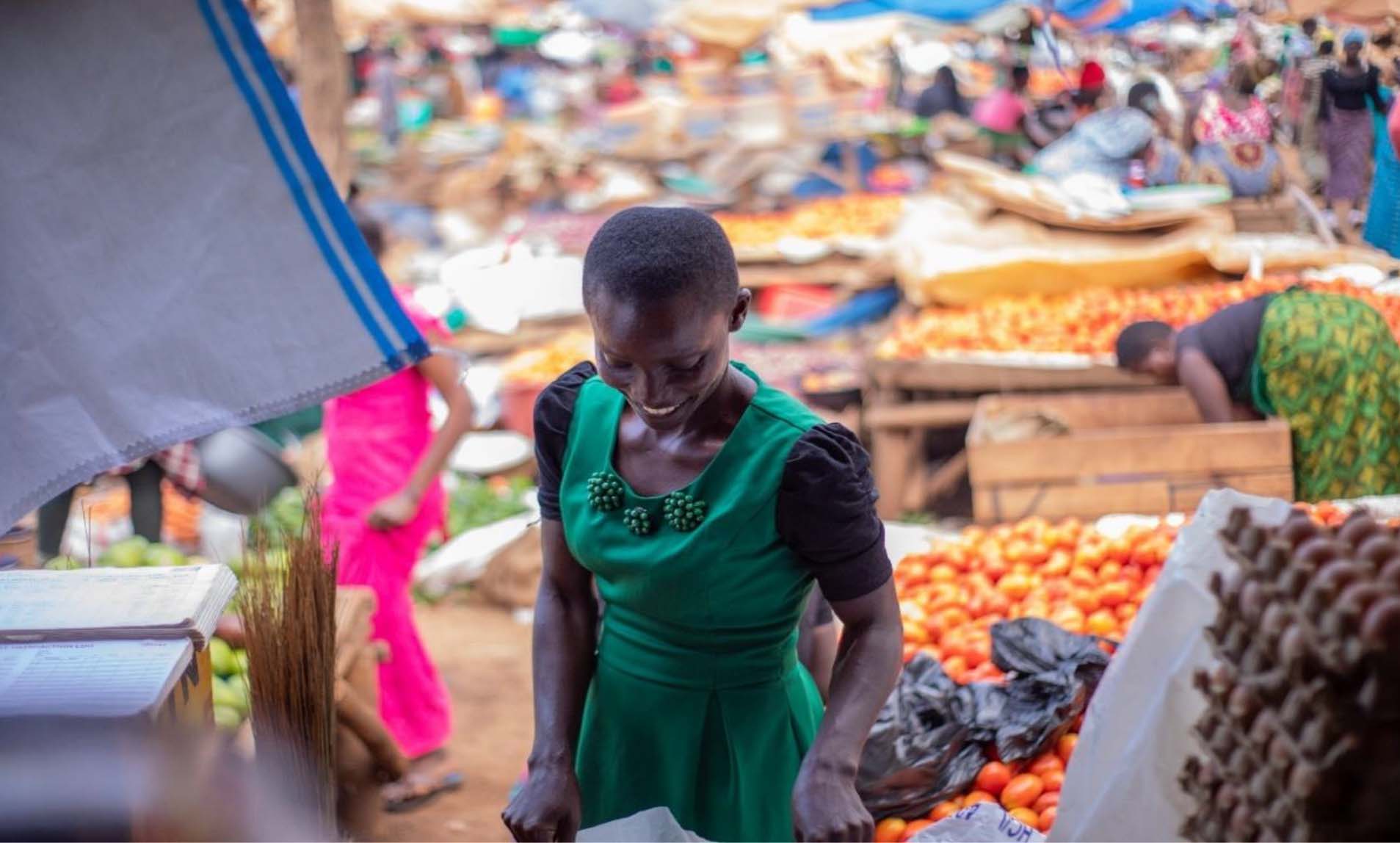
Diana
Vendors gather along a road in Banda Wembule every late afternoon. Among them is a young woman, Diana, dressed to the nines from her hair to her nails. A hotel management graduate, she does not fit the typical profile of a roadside market vendor. But she is there with a smile, and makes it known to her tens of thousands of Twitter followers that she is a proud of her work and herself.



Looking back at her original career hopes, Diana doesn’t regret having gone into this business. The money isn’t much but it is her own. She would eventually like to own a classy grocery store. The going does get tough, especially since fresh produce goes bad quickly, but she takes heart and prays to God that the next day will be better.



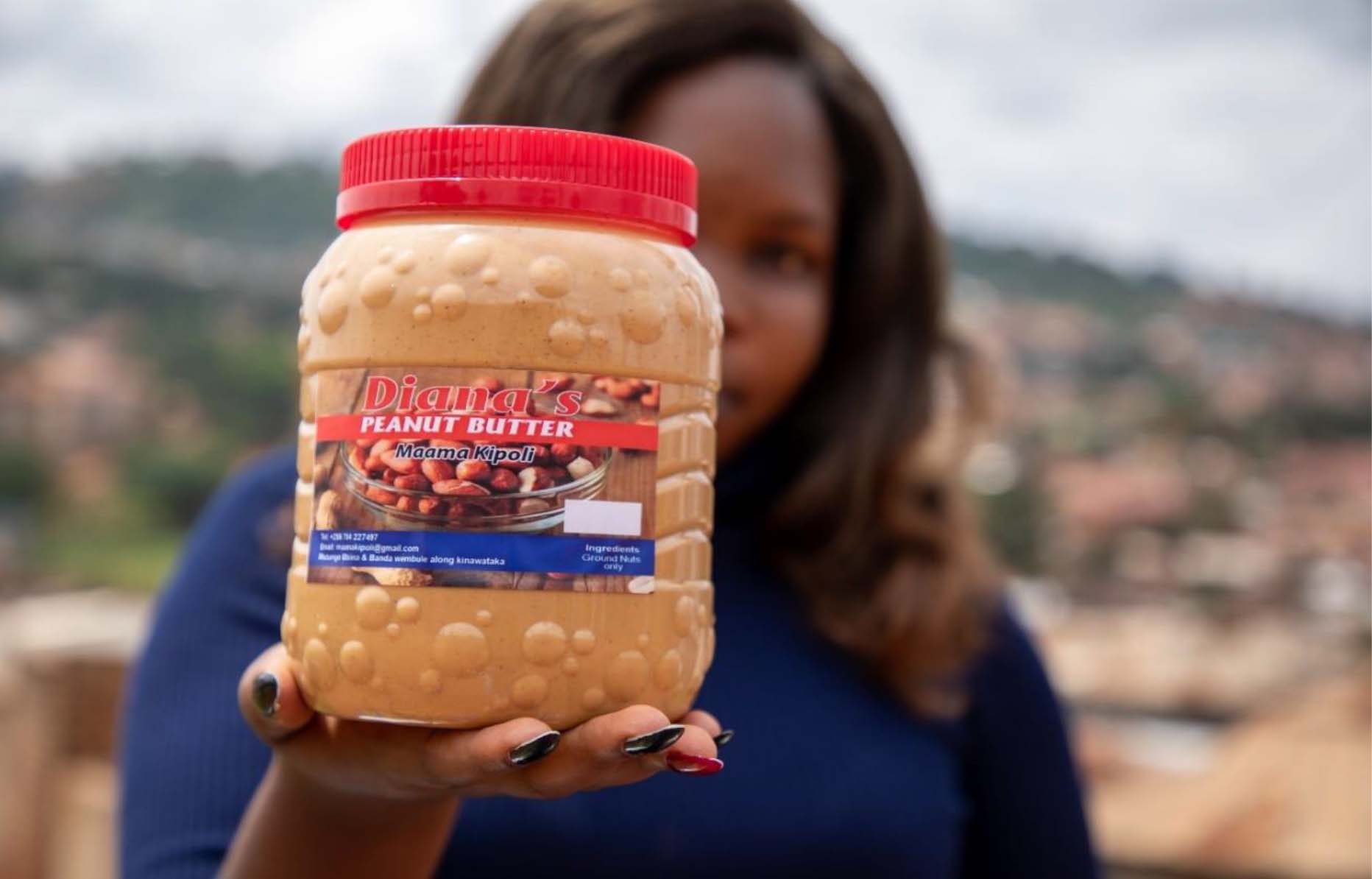
Faridah
What do you get when you cross a college athlete with a degree in business and French with agricultural value addition? You get Faridah, a budding farmer and the founder of Kasana Foods.


In the beginning, the prospect felt daunting for lack of knowledge in the field; felt she first needed to study [farming and value addition] formally. Her family also didn’t comprehend why someone who had a university degree from abroad would go into such a low-profit venture. They didn’t – and still don’t quite – see what it could become. While her parents have grown more supportive, especially her father who now even suggests fruits for Faridah to try, they still hope that this is just a hobby and that she’ll go back abroad. However, Faridah wants to involve them more so that they get to understand its importance.
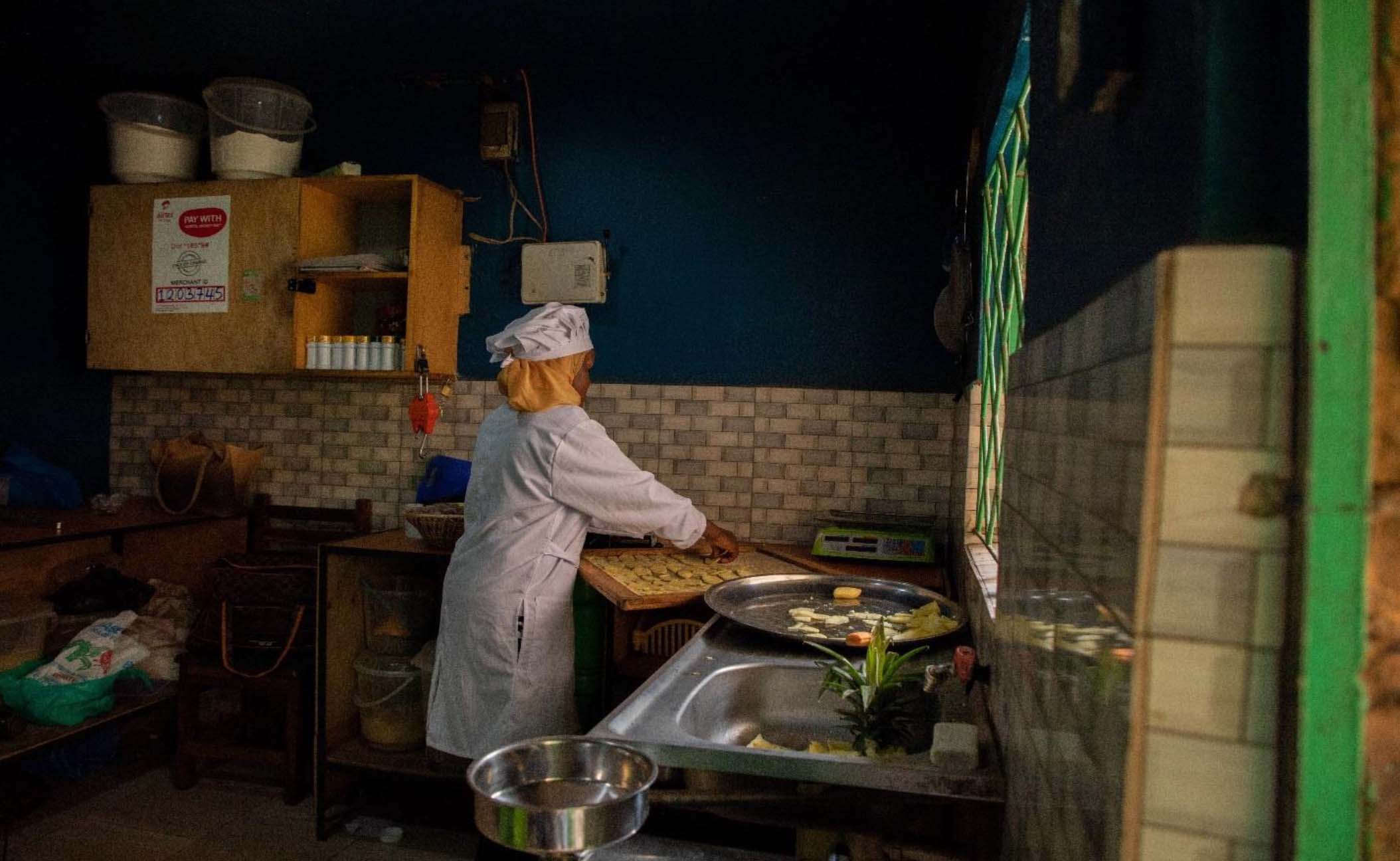
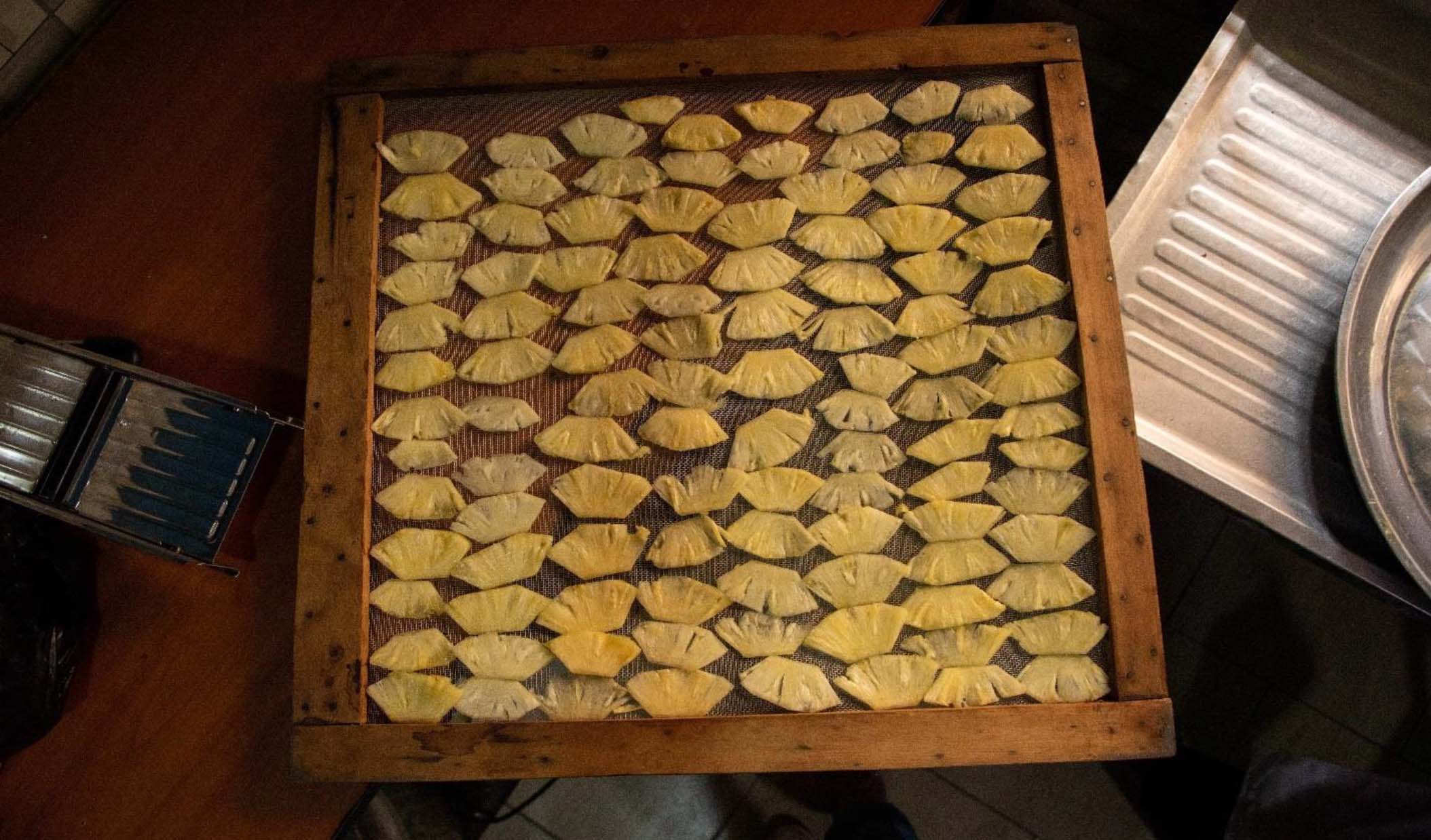
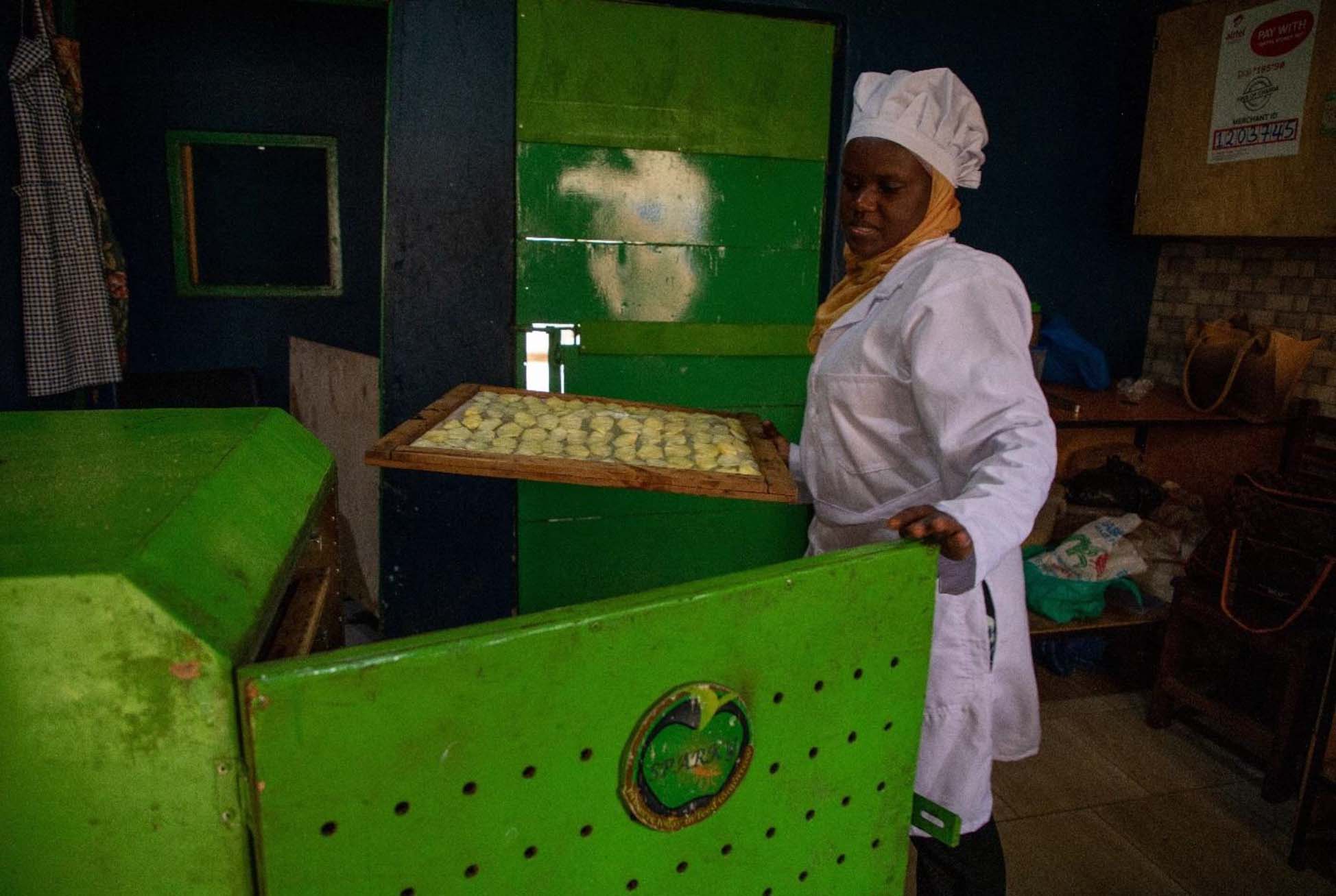
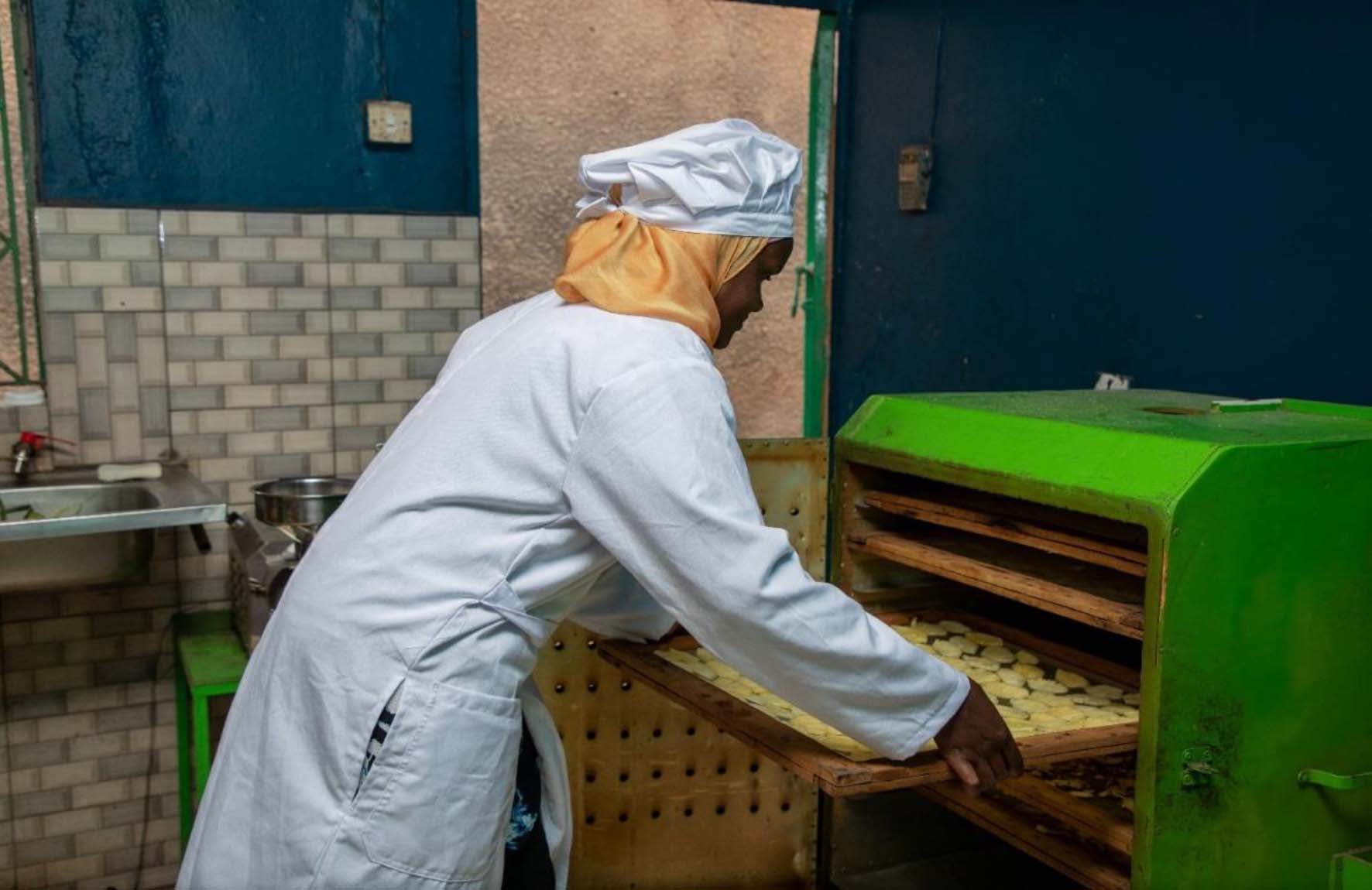
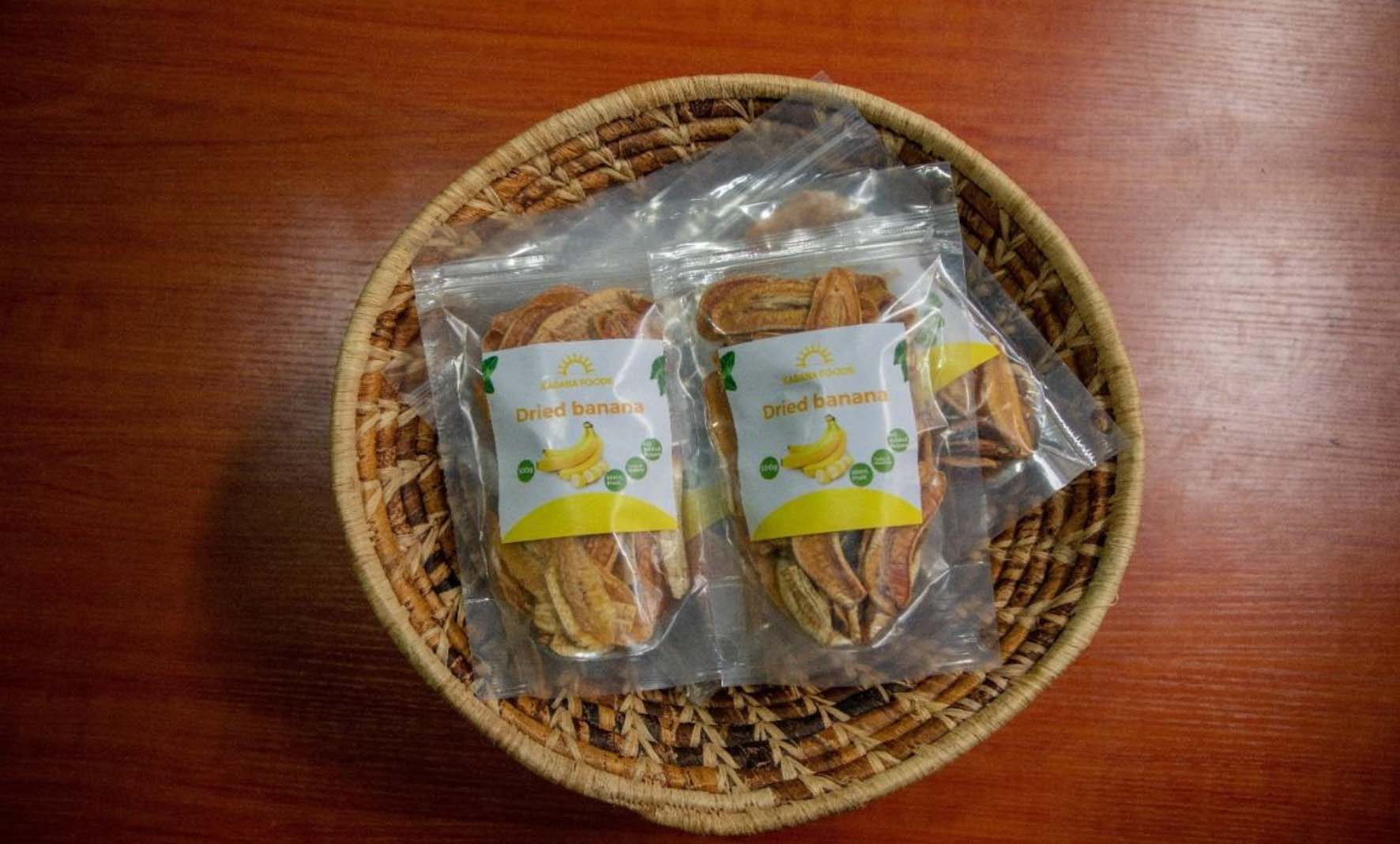
Sylvia
Exactly a decade to the day she arrived in the United States, where she obtained her undergraduate degree and worked thereafter, Sylvia left for Uganda in 2019 to join her partner who is from here. It was a deliberate choice on her part, fuelled by a desire to be closer to her family in Tanzania, but it meant leaving behind a prestigious job and an acceptance to a medical school in Boston. Again deliberately, she did not have a concrete plan for when she arrived – her rationale being that she wanted to get a feel for Kampala first, that it would take her a while to adjust. She was also pregnant at the time, all the more reason to take it easy. The baby was born at the start of the first COVID-19 lockdown in Uganda; two years later, Sylvia is still at home with the now-toddler. Her fiancé holds a traditional job and is the primary earner.


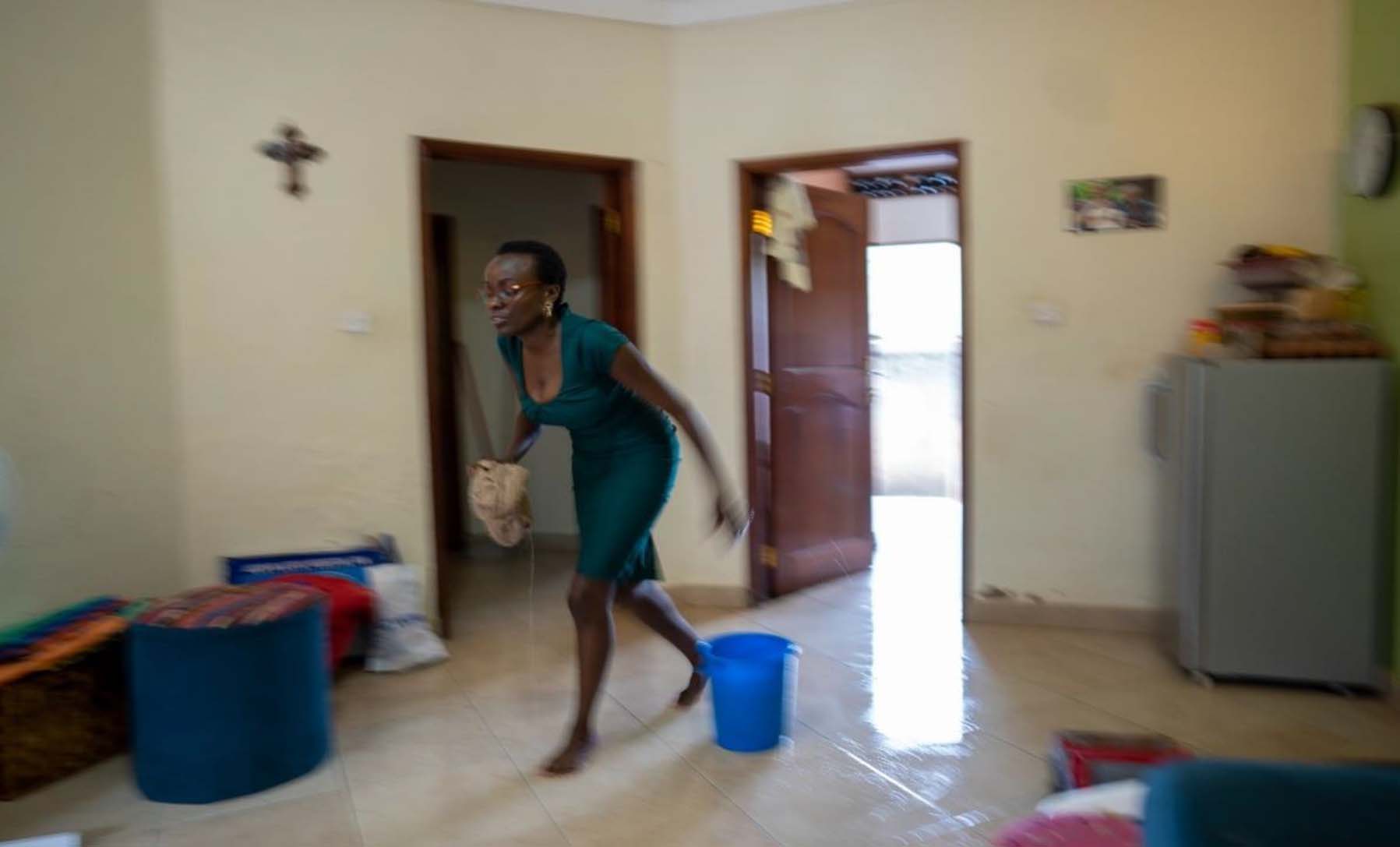
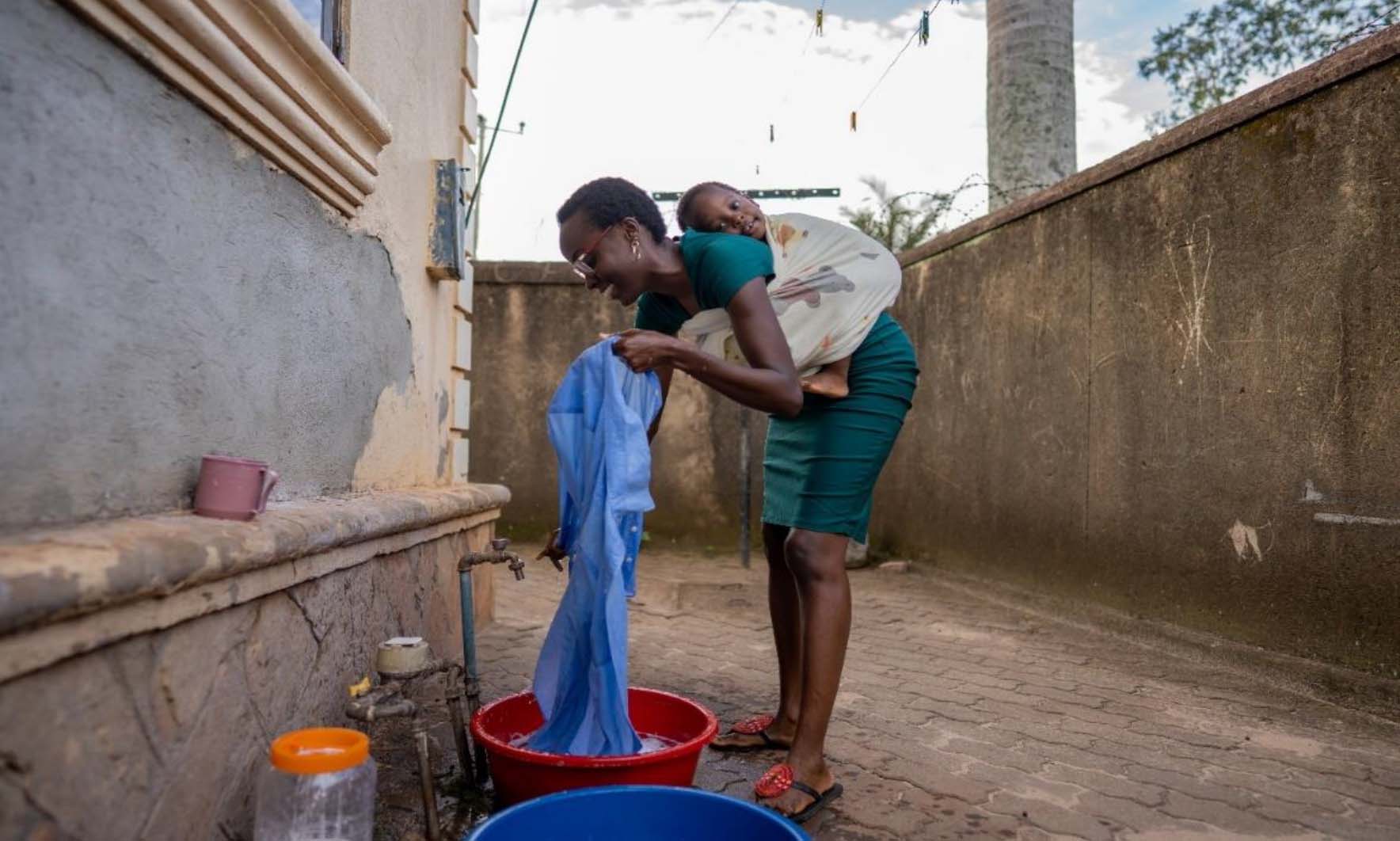
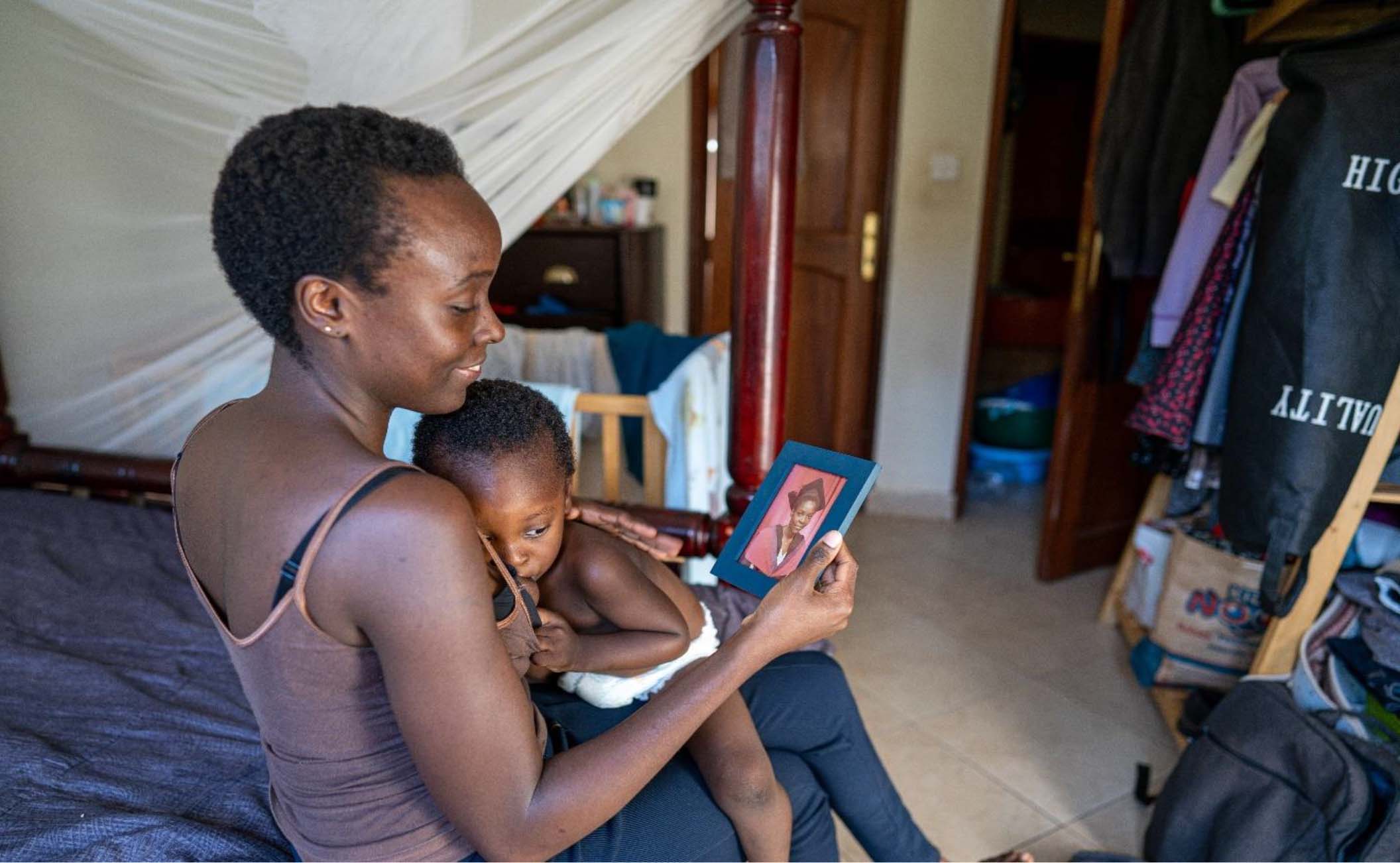

Sylvia’s partner is mindful of the time and effort that housework takes up, insisting on compensating her for it as a monthly bank deposit humorously marked “salary”. His argument is that this is labour they would have paid someone else to do, so it is only right that Sylvia should have that money. She initially felt squeamish about accepting the cash, but came to appreciate it – and, even more, the progressive sentiments behind it. Sylvia looks forward to once again being a financially contributing partner in the relationship; in the meantime, she acknowledges the privilege it is to be home with their baby without worrying about finances. Her office clothes and high heels sit in her closet, hard to give away because it would be active acknowledgement of a significant life change, which Sylvia isn’t ready to do even as she has chosen to accept that her current role looks different. Instead she wears them around the house on occasion, relishing the feel of the outfits as they hug her in reminder of a time when she was useful outside the home.


Sylvia K. Ilahuka is a Tanzanian writer living in Uganda. Her work has been published in the
literary journals Lolwe, Doek!, Isele Magazine, and the Aké Review, and she has also reviewed music for Bandcamp Daily. Sylvia curated Playing Grown Up (2012), an exhibition by
Zimbabwean sculpture artist Clyde Bango at Wellesley College’s Jewett Art Gallery. She is working on her first collection of essays.

